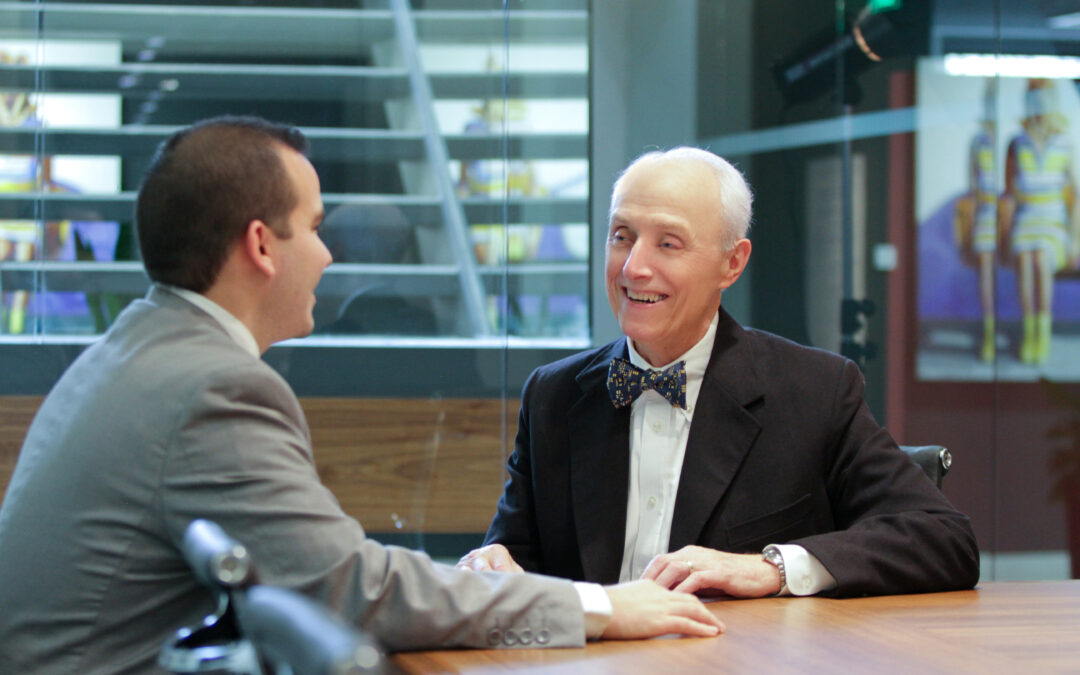When I started growing my consulting practice seven years ago (Stanislaw Consulting), I wanted to leave a legacy. I still do, but I’ve learned a lot about what that legacy can be.
My original thought was that I would build a sustainable practice that would outlast me, so that long after I was gone, it would still be here helping people. The problem with that vision was that it required me to do a lot more than just help the people and organizations as I had been doing. It required me to build and manage an organization.
I’m not telling business people anything you don’t already know. I have been pulled in two directions between trying to steer the ship of business and giving personal attention to clients. It has been extremely difficult to do both with excellence, and the longer I tried, the more I found I preferred to focus on my clients and not on managing my business.
So, I’m scaling back, which opens the opportunity to develop a different kind of legacy.
A company can leave a legacy, of course. Haitian stove-maker Duquesne Fednard is leaving one with a design called the Eco Recho, which uses half the charcoal of the traditional stoves Haitians use. This will reduce deforestation and preserve many Haitian’s quality of life. It’s a great legacy.
I’m choosing to leave a different type of legacy. Because my new business structure frees up finances, I will be able to set up a scholarship fund with Wayne State University, where I studied my craft. This will make it possible for future Wayne State graduates to help organizations and people in the same way I do, or perhaps take the discipline to another level.
As long as the good you do outlives you, you’ve left a legacy. I’m pleased that the changes I’m making now will allow this to happen.
For more information: Contact us here


Recent Comments